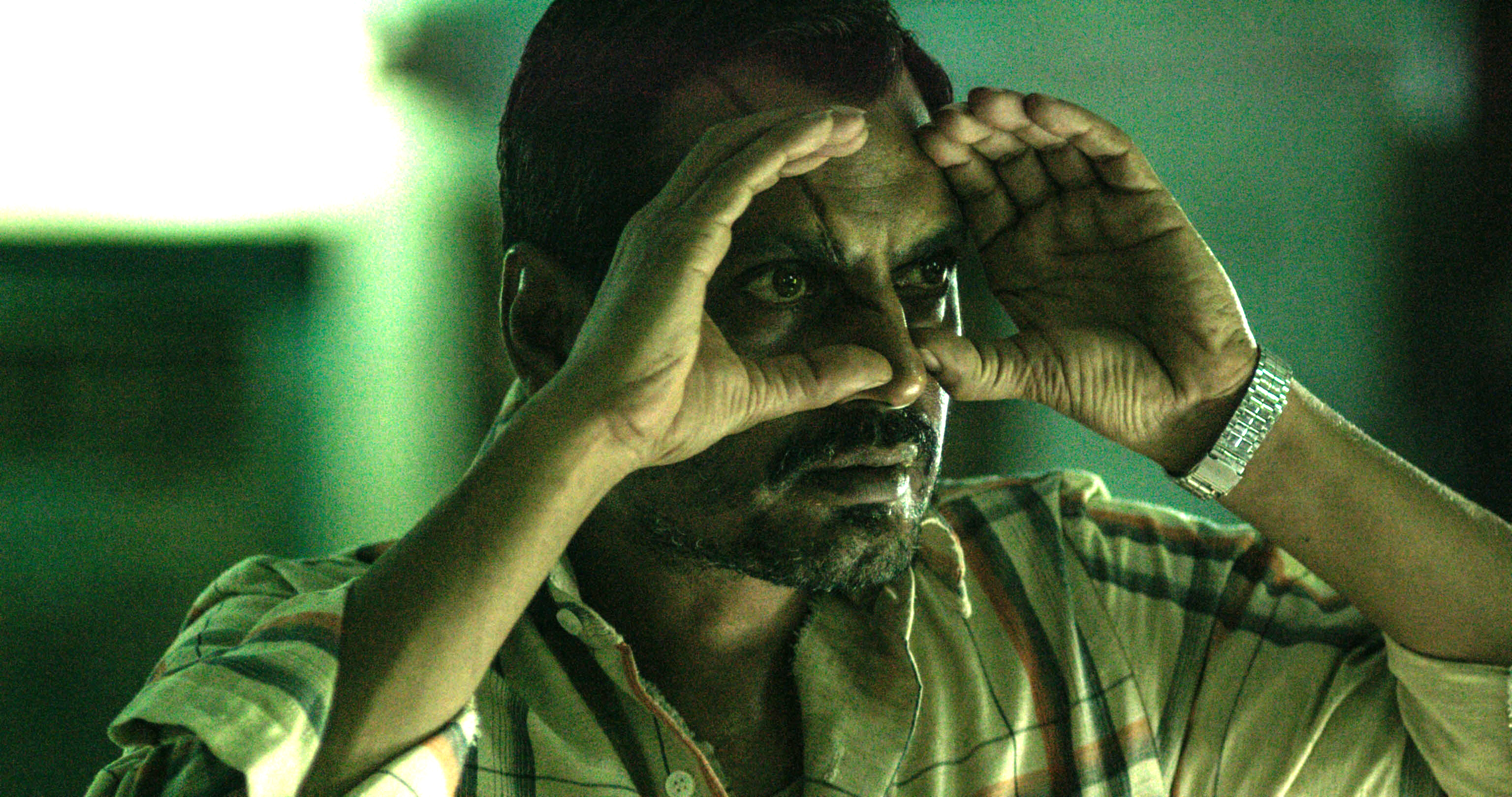Anurag Kashyap in Cannes with Psycho Raman
CANNES: India was the clarion call for many yesterday, judging by feet that scurried past the usual haunt, the Palais des Festivals, to race along the La Croisette’s main street for the Directors’ Fortnight venue. All to be in time for Anurag Kashyap’s early morning screening.
The hall was full, mostly with non-Indians. Kashyap, presenting his third film in Cannes, is a major draw, his films personifying the fury and angst of today’s India. The director tends to attend with cast and crew, his stylish stars also attract attention. They were on hand, Nawazuddin Siddiqui in a white suit as the cynosure, his striking co-star Vicky Kaushal and three leading ladies, Sobhita Dhulipala, Anuschka Sawhney and consummate Marathi actress, Usha Yadav, shimmering in a pearl white sari.
‘Psycho Raman’ has all and more of the sizzling Kashyap stamp. Its opening credits describe the dreaded serial killer of the 60s, Raman Raghav. The very next card debunks this, saying the film is NOT about this man. In the end, you realise why this is indeed true. As in ‘Ugly’, the film points more towards why the murders, the abuse, the brutality and less, the act of killing. The police and the culprit are two sides of the same coin. ‘Psycho Raman’, though is on another plane, delving dark and deep into psychological tunnels as it probes the murky mindsets of both.
Set in present day Mumbai, the film starts at a furious pace in a loud smoky disco joint where one wiry coke-infused young man (he is the police officer Raghavan) is eyeing a sultry, doe-eyed lass. They zoom off in his car to clever talk and their sexual tryst. To continued ritzy pacing, trendy soundtrack of Indian percussion, songs that swing from folk to classical, a plot unfolds that is chilling, brutal, bloody (not actually shown – only the act is), but seemingly pointless. Kashyap introduces a literary device of chapters to link the film episodically.
We are then introduced to Ramanna (actor Nawazuddin in mesmerising control), evil lighting up his quizzical, all-knowing eyes. We find him first in police custody, beaten and starved for all of three days. On his escape, he visits his estranged sister and we get our first glimpse of the man’s contorted mind and killer instincts. We then meet the police squad in search of him, led by the inwardly tormented, outwardly drugged-out, Viagra powered Raghavan. He progressively typifies a tragically doomed loser as the film unfolds. Vicky Kaushal gives his all here in a role that needed more levelling, more human sides to it.
Kashyap told the audience that the film questions how we perceive a killer. Ramanna killed for the love of it. In other words, he was a pure killer. But what about the killings that have a reason behind it, as in today’s India, backed by religion, terrorism, caste, creed, avarice, rape, and the like? How does one define that kind of killing as opposed to the kind carried out by compulsion, no strings attached?
Cannes gives the film a head start, the critics appreciating the finer points of the film, with two reservations though. One is the terrible way women, every one of them, are trashed and brutalised, asking for humiliation and also so accepting of it. The second is a wish that Kashyap should turn to another genre. Can we now hope for a reflective, incisive film from this volatile director?
From the known to the new; contrasting in every way is the film ‘Gudh’ (The Nest) by young Saurav Rai competing in Cinéfondation with 17 other contenders. This section promotes student films from the world over. Saurabh, who hails from a small village in Darjeeling district near Kalimpong, is a final year graduate student at the Satyajit Ray Film and Television Institute, Kolkata (SRFTI) and ‘Gudh’ is his diploma film. The film, reflective and nostalgic, looks at a childhood remembered in a remote area that is endeared by insurgence. The film shows snippets of the life of a youth, from his babyhood, to snippets of being carried through forests hidden in a big truck, of a mother’s deep love, and of being forced to leave and go to a city for his education. The pacing is measured as memories usually are. The style of the film is self-assured and moving. All in all a highly commendable effort and one that can eye the prize.
Postscript: Nawazuddin Siddiqui is cutting quite a figure at Cannes. ‘Psycho Raman’ is his seventh film being screened at the festival. Nandita Das who is here, announced today that Nawazuddin will play the lead in her next film as director, which is based on the life of the Indian writer, Saadat Hasan Manto. Vivek Kajaria of Holy Basil Productions and US based investor Robin Raina are on board as producers.





